New satellite images show the widespread destruction of Israeli airstrikes across Gaza in retaliation for the devastating attack by Hamas militants, which started on Oct. 7.

The photos from the U.S. space technology firm Maxar Technologies show images of large explosions and smoke rising from entire city blocks as Israeli airstrikes continue to pound the Palestinian territory of Gaza.
The death toll has now surpassed 2,000 on both sides, including Canadians.
Global News has confirmed the deaths of Ben Mizrachi, from British Columbia, and Montrealer Alexandre Look, while the family of Ottawa woman Adi Vital-Kaploun confirmed her death in a statement shared by the Jewish Federation of Ottawa on Wednesday.
Images provided by Maxar, and shared with the Associated Press, show the destroyed Al Gharbi mosque and the Al Sousi Mosque, both in the Shati refugee camp located in northeastern Gaza along the Mediterranean Sea.
The Israeli military has said that Hamas operates out of civilian targets, including mosques.
Others show rising smoke from an Israeli airstrike near the Mediterranean Sea in northeastern Gaza, near Atatra and the destruction of a communications tower in Gaza City.
Parts of Gaza’s upscale Rimal neighborhood, with shopping malls, restaurants, and offices belonging to aid groups were also left mangled by Israel bombs, according to the Associated Press.
Rimal is also home to Hamas government ministries.
The heavy bombardment has reportedly left more than 180,000 people homeless, according to the United Nations.
The UN agency for Palestinian refugees confirmed Wednesday that nine of its staff members have been killed since the Israeli strikes began Saturday.

Get daily National news
Humanitarian agencies have renewed calls for the protection of civilians in Gaza which is home to roughly 2.3 million people.
- Epstein files fallout: People who’ve resigned or been fired after DOJ release
- Inuit look to Greenland’s social model as Canada pursues military buildup in Arctic
- Canadians accused of joining ISIS moved out of Syria to prisons in Iraq
- 2 ICE officers face probe into whether they lied about Minneapolis shooting
“International humanitarian law is clear: the obligation to take constant care to spare the civilian population and civilian objects remains applicable throughout the attacks,” UN High Commissioner for Human Rights Volker Turk said Tuesday.
The UN Human Rights Commissioner said the independent commission of inquiry for the region has been collecting and preserving evidence of “war crimes” committed by both Hamas and Israeli forces since Saturday’s attack by Hamas.
“There is already clear evidence that war crimes may have been committed” in the days since the assault, the office said in a statement.

Israel has stepped up airstrikes in response to a shocking attack on Saturday when Hamas militants surged into Israel, killing more than 1,000 people, including infants, children and the elderly. Up to 150 people were also taken hostage, according to Israel’s ambassador to the UN.
Meanwhile, Canada’s Foreign Affairs Minister Mélanie Joly said Wednesday that Canadian Forces’ flights will begin airlifting people out of Tel Aviv, Israel, by the end of the week. But it’s unclear how the federal government plans to help Canadians in the West Bank or Gaza.
Global Affairs Canada (GAC) has said that more than 4,227 Canadians in Israel and nearly 500 in Gaza and the West Bank have registered with the department.
Joly said her office is exploring options to get Canadians in the West Bank to travel to Jordan, where they could board commercial flights.
There are currently no plans yet to help citizens in Gaza, Joly said. According to Global Affairs Canada, there are 475 Canadians in Gaza and the West Bank.

The minister said the humanitarian situation in Gaza was dire “before this weekend” and “will only deteriorate.”
“My heart breaks for the that we have seen and I share the anxiety about what will happen next,” Joly said. “We urge all parties to respect international humanitarian law and to provide humanitarian access to Gaza.”
Ottawa is also sending a team of hostage negotiation experts to Israel after scores of people were captured by Hamas — a designated terrorist entity in Canada — Joly said.
While Canada has been in contact with Israel’s chief hostage negotiator, the minister wouldn’t confirm whether three reportedly missing Canadians are among the hostages.
“In any hostage negotiation we don’t confirm. Why? Because we don’t want to increase the value of that person in the eyes of their tyrants,” Joly said.
“We want to make sure that we do everything in our possibility to protect these lives and don’t increase the danger.”
— with files from the Associated Press


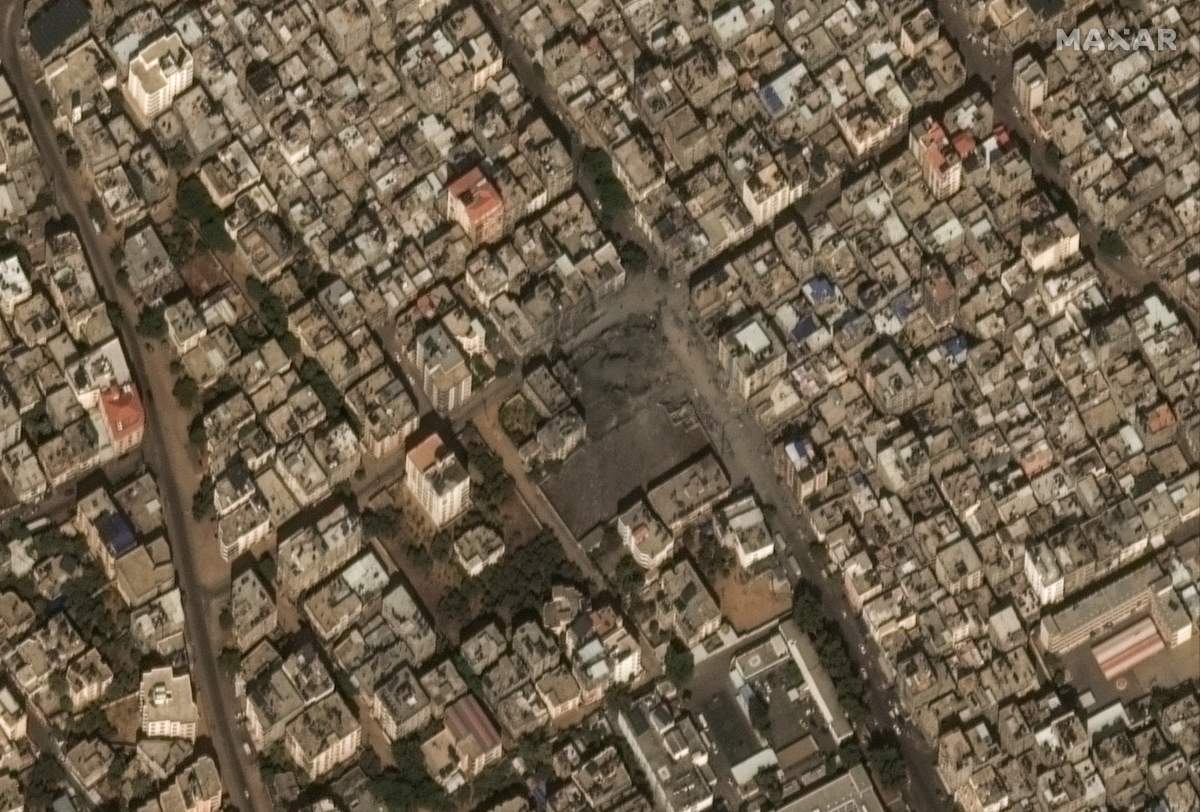
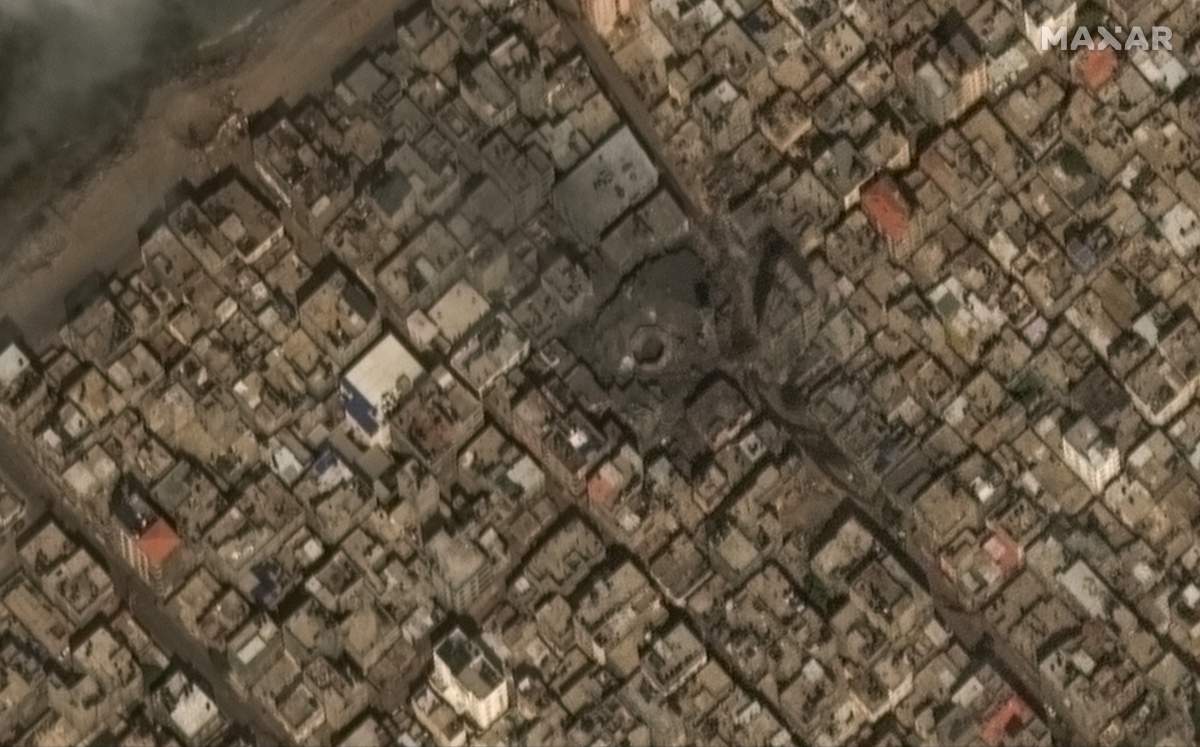
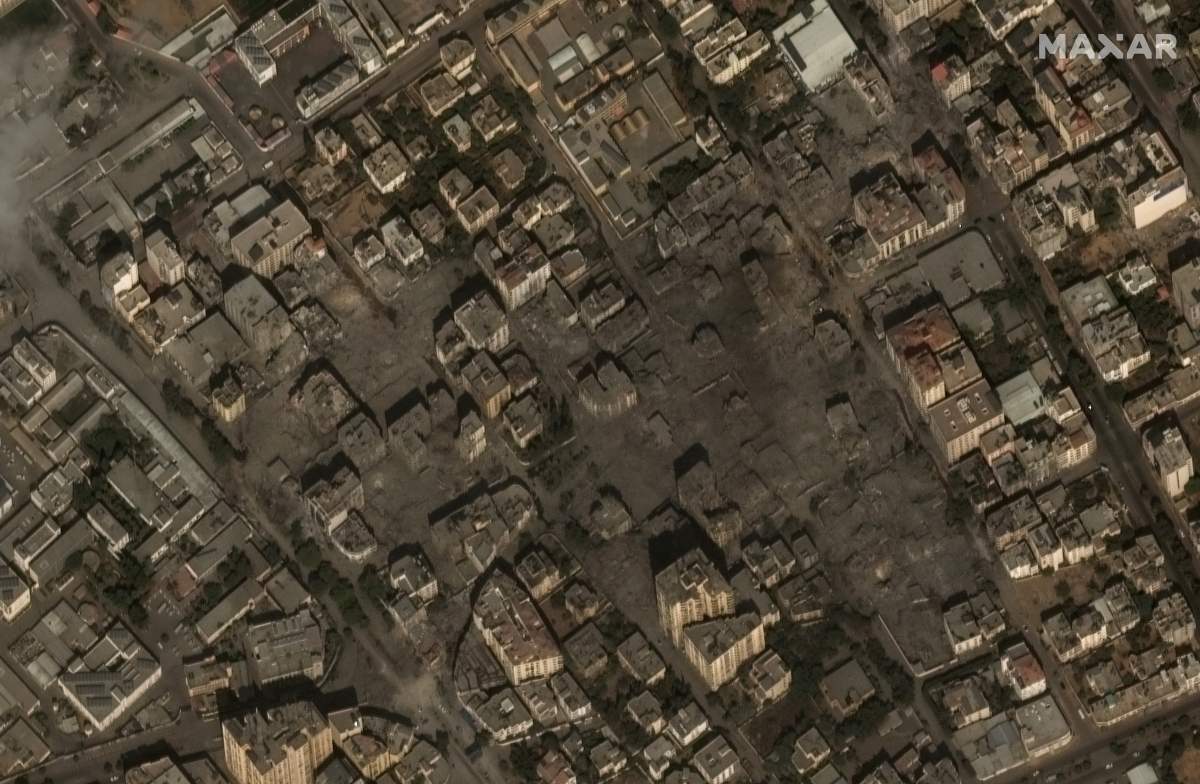
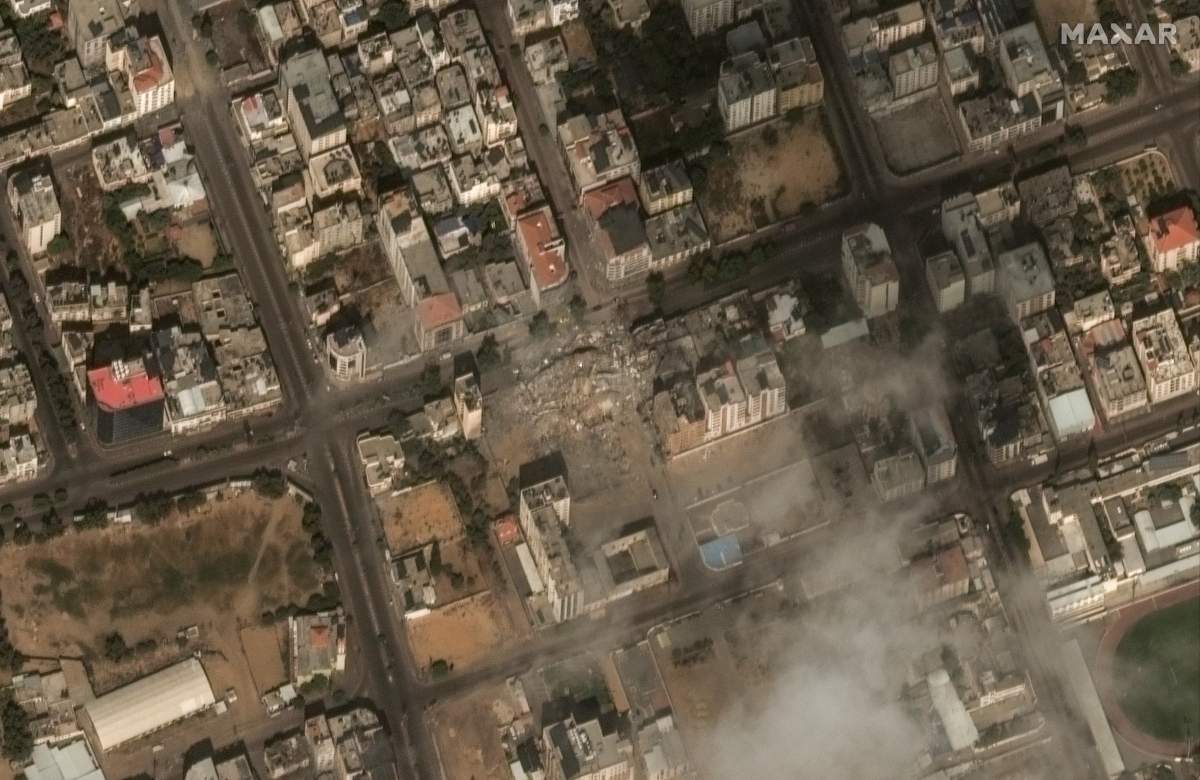
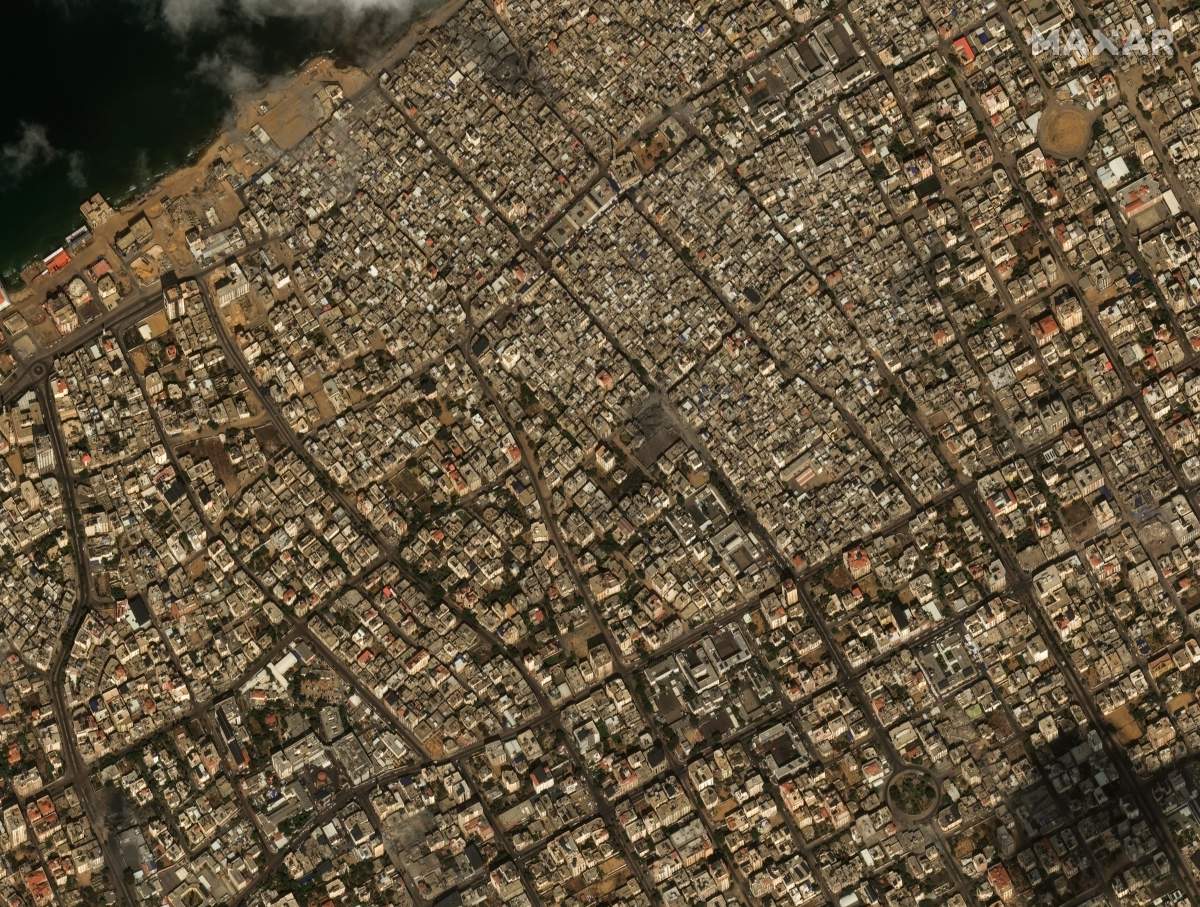










Comments
Want to discuss? Please read our Commenting Policy first.